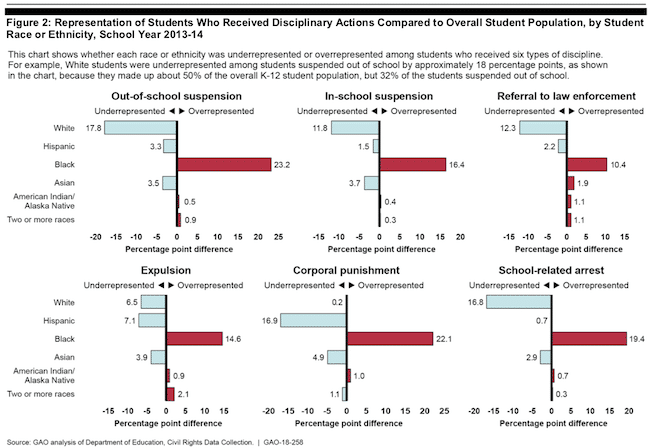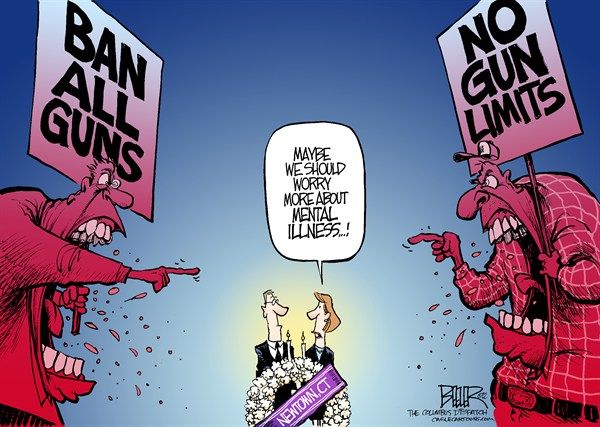The Most Anti-Tech Organizations in America
Excellent article @ PCWorld written by Mark Sullivan on the 5 most anti-tech organizations in America. History is replete with examples of products, companies, and industries that fail to adapt and adopt to new technology. These 5 will be next.
Their names keep coming up over and over again in courtrooms and corridors of power across the country–those groups whose interests always seem to run counter to those of technology companies and consumers. They come in many forms: associations, think tanks, money-raising organizations, PACs, and even other tech-oriented industries like telecommunications.
The tech issues that they’re concerned with are what you might expect: digital rights management and fair use, patent law, broadband speed and reach, wireless spectrum and network neutrality. I talked to a good number of tech and media policy insiders in Washington, D.C.–mostly off the record–to find out who these groups are, how they operate, and who pays their bills. We’ll start with the biggest offenders first and work our way down.
1. The Recording Industry Association of America (RIAA) and the Motion Picture Association of America (MPAA)
Issue: Copyright and Fair Use
The Internet economy should be a boon for digital media companies and for those of us that like to buy our music and video online. It’s also a very powerful way to connect with people of like mind with a view toward learning about new things to watch and listen to. Unfortunately, the content owners in the record and movie industries have mainly seen the Web as a platform for piracy, and have mainly failed to adapt their businesses to the realities of online, as one lonely industry executive recently admitted.
The record and film industries are represented in legal and policy matters by two major organizations–the RIAA and the MPAA–with some key individual companies like Warner Music Group and Disney acting on their own behalf in certain cases. The RIAA and MPAA have exercised considerable political and economic influence to push a legal and policy environment in which the content owners keep tight control of the way their content is distributed and used. “I think it’s fair to say that their approach is that any innovation that they haven’t signed off on is bad,” says Fred von Lohmann, senior intellectual property attorney at the Electronic Frontier Foundation.
Lots of Lawsuits
Companies distributing music or video in ways the studios or labels don’t approve of have quickly found themselves on the wrong end of a lawsuit. There are many examples. Perhaps most famously, the RIAA sued Napster in 1999, charging the file sharing service with “contributory” copyright infringement. After losing several major court decisions, Napster (as we knew it) folded in 2002. At around the same time the RIAA sued and shut down Michael Robertson’s (MP3.com) BeamIt service, which helped users to upload and store music from their CD collections in an online locker.
Earlier this year Warner Music Group filed an infringement lawsuit against the social networking site imeem, which allowed its members to post songs on their profile pages that could be streamed by other users. San Francisco-based imeem was forced to settle out of court and now can stream only songs from labels with which it has contract agreements. All other songs run for 20 seconds and then stop.
On the video side, some major copyright infringement lawsuits against YouTube (sued by Viacom) and MySpace (sued by Universal) are still in progress. If these suits end badly, they could further restrict our access to online video and even endanger the video operations of YouTube and MySpace. Video copyright lawsuits are also in progress against the DivX Stage 6 and Veoh online services.
A Chilling Effect
The suits are a real threat to the next generation of bi-directional, participatory Web services that are the promise of Web 2.0. The Electronic Frontier Foundation’s von Lohmann believes this year’s suits against imeem and others are just “the tip of the Web 2.0 litigation iceberg.”
Von Lohmann also thinks the suits may hurt legitimate companies while leaving the real content pirates untouched. “I think it’s fair to say that copyright threats from entertainment industries are exerting a serious chilling effect on several companies that are trying to do the right thing, while having little impact on offshore companies that are more adventurous,” von Lohmann says. “In other words, the innovation that should be fueling our economy is now fueling someone else’s.”
Leverage in Washington
The RIAA and MPAA have worked very hard in Washington to apply the aggressive posture they use in the courts to the policy-making arena. Their attorneys and lobbyists are constantly meeting with members of Congress and presenting their side of issues of concern (mainly copyright-related) in front of regulatory bodies like the Federal Communications (FCC). And, most would agree, they’ve been fairly effective at getting their way. “Their combined muscle in lobbying and inter-corporate pressure is pretty substantial,” says von Lohmann says.
Both organizations have their own staffs of lobbyists in Washington, but both also contract with numerous outside lobbying firms. In 2006 alone, the RIAA reported lobbying expenses of $1.5 million, while the MPAA reported $1.8 million. The RIAA retained the services of 13 outside lobbying firms in 2006 to help make its case to lawmakers, while the MPAA used 17 outside lobbying firms.
The content owners also donate to candidates for federal office as a way of furthering their long-term agendas. For example, Time Warner gave $17 million to various candidates for federal office between 1989 and 2005, says the Center for Responsive Politics. The Walt Disney Company donated almost $9.5 million during that period.
Whether or not the RIAA’s and MPAA’s tactics have really helped the entertainment industry is debatable. Their legal and lobbying tactics have put real limitations on the way that we consumers are allowed to use the digital content we purchase, causing many of us to wonder if we truly own the digital content we buy. The digital rights management (DRM) software that the content owners wrap around our music and video files often prevents us from playing media on all of our devices, copying it, or owning it forever. This has stirred up a lot of resentment, even as file sharing continues to be rampant around the globe.
The rest at PCWorld



